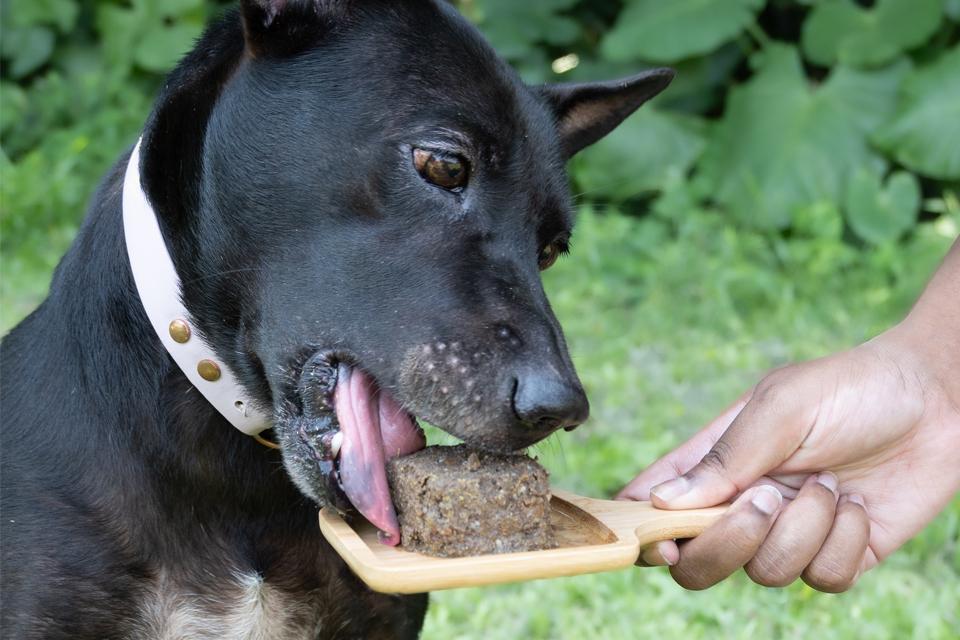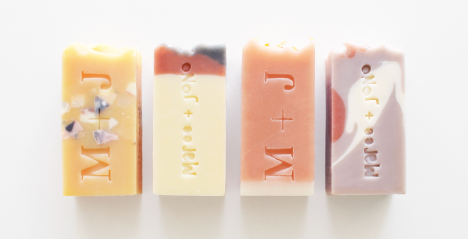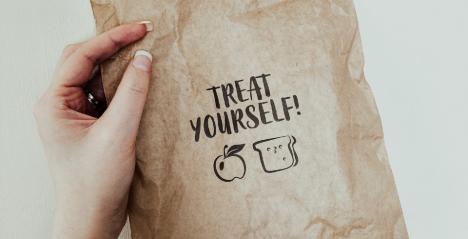In recent years, the attention on sustainability and its impact on our planet has grown significantly. As consumers become more mindful of the choices they make, it is vital to consider how even seemingly minor decisions, such as selecting pet food, can have a substantial impact on the environment.
A recent study estimated the global pawprint of pet food, primarily focusing on dry diets in the United States. This study revealed that pet food could potentially be responsible for up to 2.9% of carbon dioxide emissions and up to 1.2% of agricultural land use.[1]
However, PetCubes aims to alter this narrative. They have recently announced the inaugural Green Pet Fair (GPF), scheduled for 14 and 15 October 2023, at Life Sprouts @ Punggol Container Park. GPF is a collaborative effort between PetCubes and City Sprouts, with support from environmentally conscious partners such as Ugly Foods, SoyNergy (NUS), and Ento Industries (DBS). This initiative underscores PetCubes' unwavering commitment to sustainability and the promotion of eco-friendly practices tailored to pets and their owners.
The primary objective of GPF is to raise awareness about the environmental impact of traditional pet care practices and inspire pet owners to embrace more sustainable approaches. The festival will revolve around holistic well-being, eco-conscious advice, social responsibility, and support for local initiatives, all aimed at enhancing the well-being of both pets and families. The event will offer a wide array of activities, including market stalls catering to humans and pets alike, scheduled programs, workshops, hands-on activities, and even a sunset picnic.
At the heart of GPF lies PetCubes' latest innovation, the Sustainable Formula for dog food. This formula uses Black Soldier Fly Larvae from the local startup Ento Industries as its primary protein source. Scientific studies have demonstrated the viability of insect protein for various animals, including dogs and cats. Insects offer three times more protein than beef and double the protein content of spinach. They also contain 10% more Vitamin B12 than salmon and fermentable fiber that supports gut health. The formula also incorporates Okara, a by-product of tofu production rich in fiber. SoyNergy has successfully fermented this fiber, turning it into a high-quality protein infused with probiotics to enhance gut health.
Dr. Francis Cabana of PetCubes is the visionary behind this groundbreaking sustainable formula, poised to revolutionize the pet food industry by prioritizing environmental considerations. The collaboration between PetCubes and local partners highlights the potential to nourish pets while preserving the Earth's ecosystem. Notably, this formula is built on three pillars that exemplify sustainable excellence while meeting international AAFCO nutrient standards for adult dogs. By incorporating insect-based protein, this formula not only breaks new ground but also introduces a natural and fresh food format, marking a pioneering step in the industry.

Supporting Local Sourcing: PetCubes' commitment to locally sourced ingredients extends throughout their formula, ensuring sustainability, freshness, and longevity in the diet, including kale, spinach, and barramundi oil.
Combating Food Waste: In partnership with Ugly Foods, PetCubes actively addresses food waste by repurposing surplus and imperfect produce into pet food, aligning with eco-friendly principles. This effort salvages ingredients like rice bran, duck liver, pumpkin, broccoli, and other rescued components, effectively reducing contributions to landfills.
Innovative Protein Sources: PetCubes embraces alternative protein sources like bacilli-fermented Okara, lentils, and ground black soldier fly larvae, with significantly lower carbon footprints compared to conventional beef, pork, and chicken protein. The innovative use of these larvae showcases their ability to convert organic waste into valuable protein, with reduced resource demand compared to traditional livestock-based protein production. Insects also provide essential amino acids and minerals for dogs.
Through these three pillars, PetCubes can produce a sustainable dog food that generates approximately 6.4 times fewer greenhouse gases than beef-based dog food, 2.1 times fewer than chicken-based dog food, and uses 12 times less land compared to beef-based dog food.
DBS is partnering with Action for Singapore Dogs (ASD) dog shelter and integrating it into their LiveBetter platform as part of GPF (Green Pet Fair). This partnership shows DBS's dedication to improving animal welfare in Singapore. With the LiveBetter platform, users of the DBS banking app can purchase discounted dog food and directly support the shelter. GPF will also feature socially responsible and eco-friendly products, local items, sustainability projects, as well as activities including dog yoga and hands-on workshops. PetCubes aims to create a future where pet care, nutrition, and environmental sustainability work seamlessly together, and GPF embodies this vision through partnerships, technology, and pet owners working together. Join the first Green Pet Fair and help create a more sustainable world for pets and the planet.
For more information about PetCubes sustainable formula, please visit www.seasonal.petcubes.com/sustainable
[1] Alexander, P., Berri, A., Moran, D., Reay, D. & Rounsevell, M. D. A. The global environmental paw print of pet food. Glob. Environ. Chang. 65, 102153 (2020).










